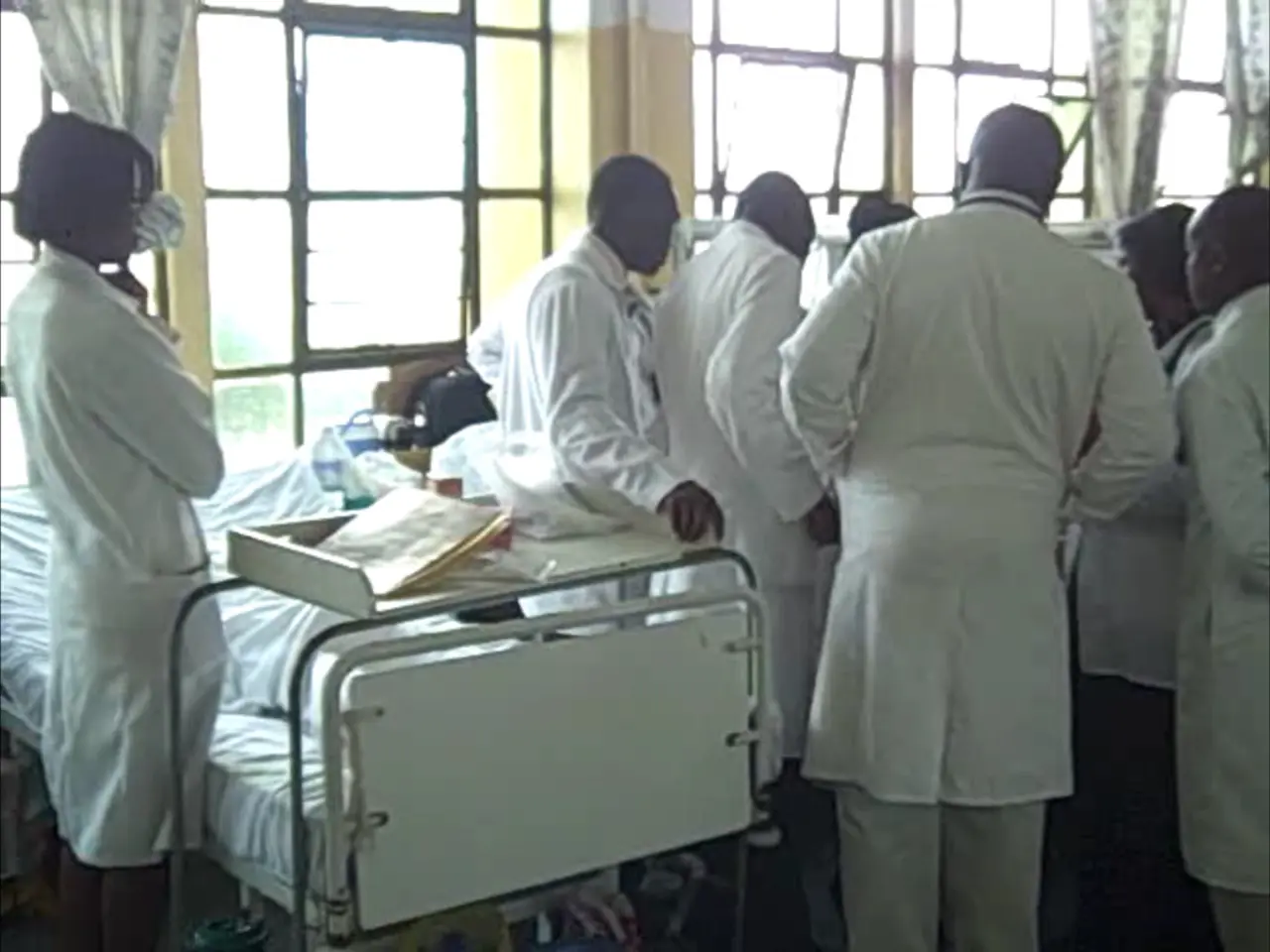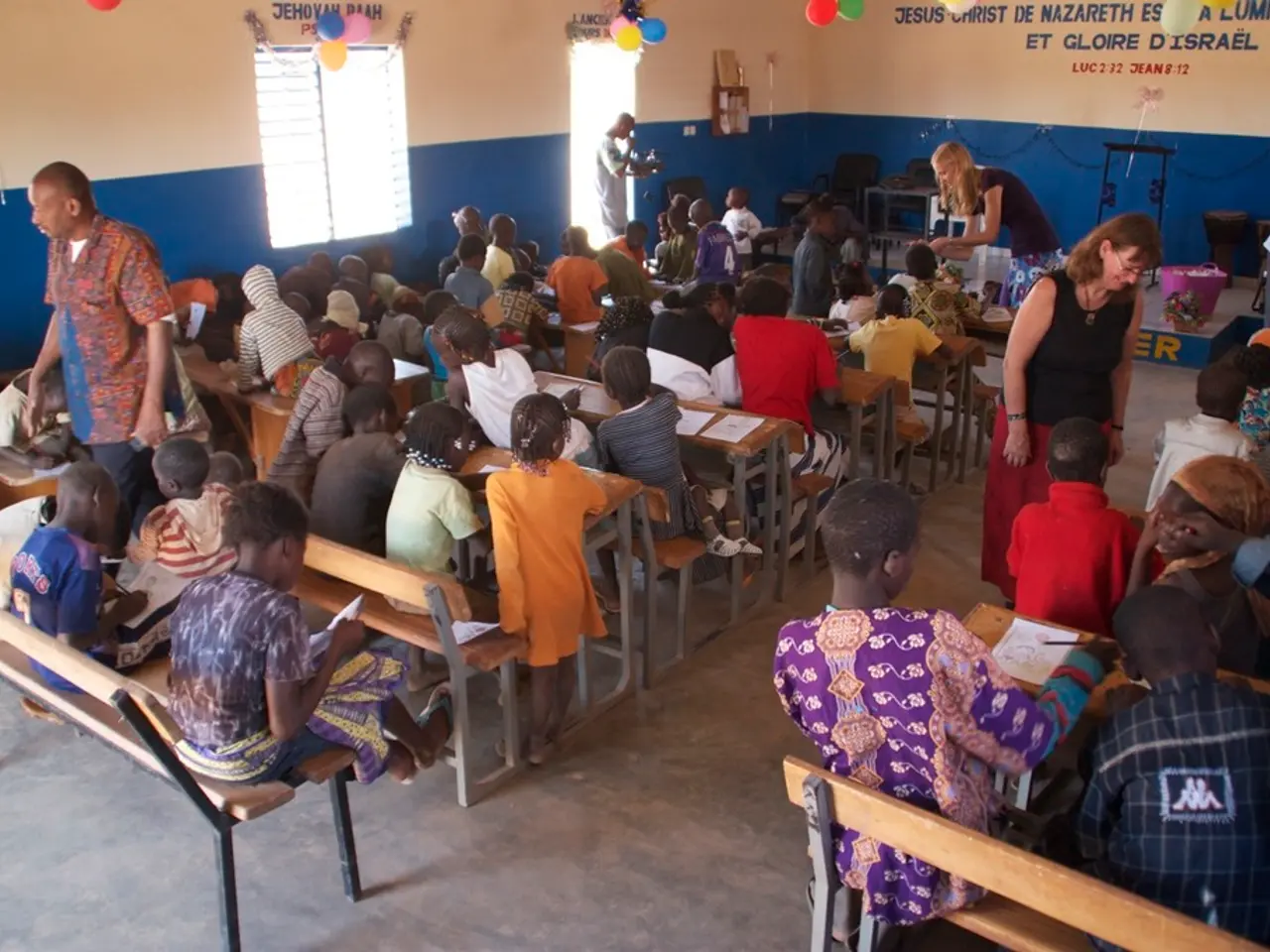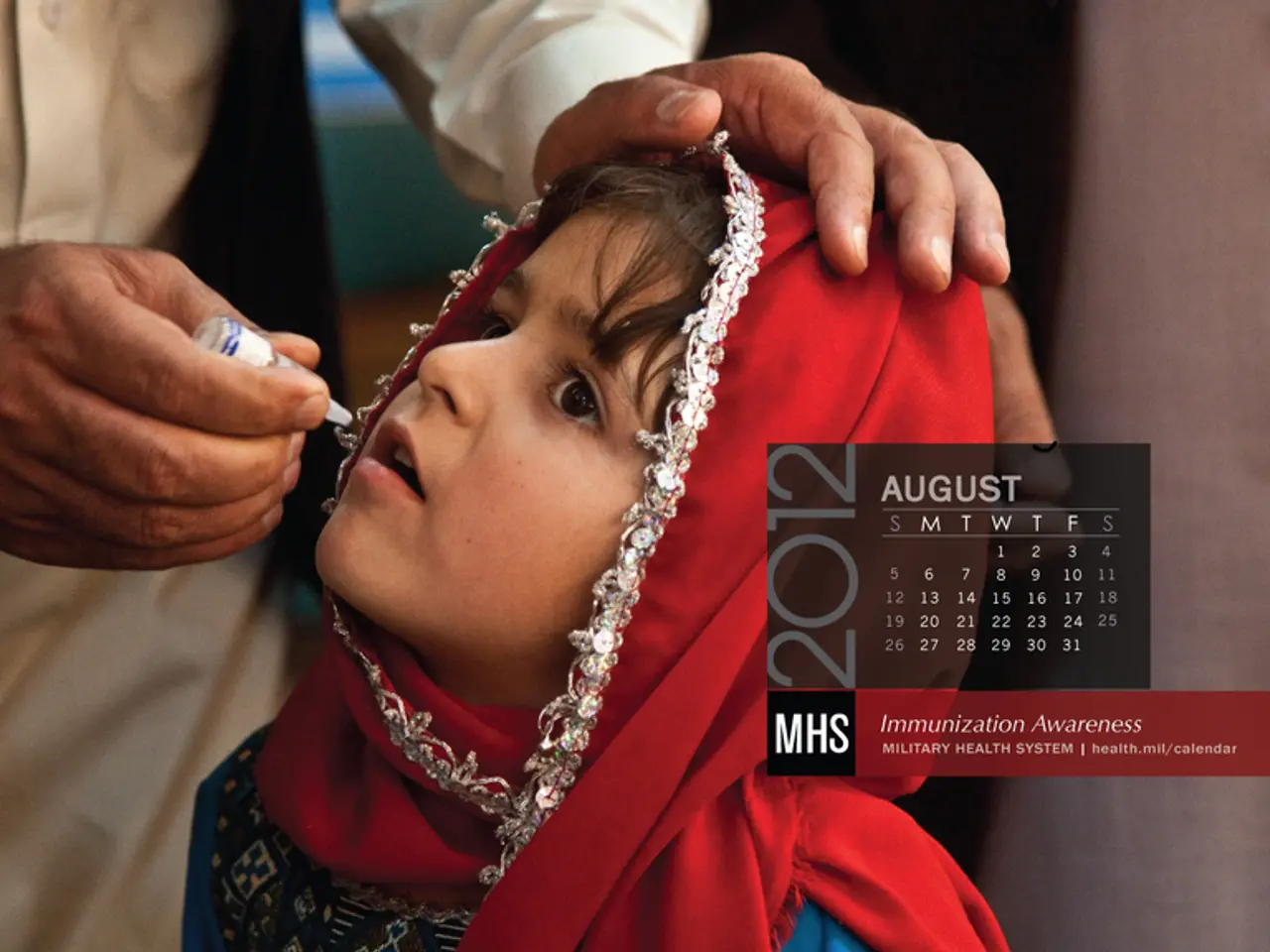Small-Town Greek Physician Expert on Artificial Intelligence's Inner Workings
In the picturesque town of Ioannina, nestled in the northwest of Greece, a heat wave is keeping many tourists away from the hiking trails. However, for one local, the arrival of artificial intelligence (AI) is proving to be a game-changer.
Meet Dr. Thomas Tzimas, an Internal Medicine specialist and the director of the Internal Medicine Department at General Hospital of Ioannina "G. Hatzikosta." Over dinner with a visiting writer and another local, an engineer named Aristotelis Yfantis, Dr. Tzimas shared his experiences with AI in healthcare.
AI is already serving as an invaluable assistant to Dr. Tzimas, transcribing notes, generating professional emails, and transcribing typed documents from referrals into digital archives. It is also being considered for automating certain aspects of a dietician's role, such as creating detailed dietary plans for patients.
However, Dr. Tzimas believes that human interaction is essential in medicine. AI cannot palpate a patient, smell a patient's breath, or assess a patient's demeanor and hygiene. He acknowledges that any medical profession that does not require a human touch is on the path to being replaced, with radiology being the first, followed by psychotherapists.
Despite these concerns, Dr. Tzimas uses AI daily at the public hospital and has adopted it aggressively for diagnosis, staff communication, and teaching junior doctors. He even uses an AI system to navigate the politics between medical staff, acting as a diplomat in communication.
One of Dr. Tzimas's biggest concerns with AI is its tendency to hallucinate, or make things up. To limit these fabrications, he focuses on a specific setting called "temperature" in the AI language models. This lower temperature makes them more focused, deterministic, and fact-based, reducing the risk of hallucinations.
Ioannina, a region of mountaineers and shepherds, with lush green forests and imposing mountains, might not seem like the ideal place for cutting-edge technology. Yet, Dr. Tzimas's aggressive adoption of AI suggests otherwise. The gap between the technology haves and have-nots might grow at a slower pace in Ioannina, as shown by Dr. Tzimas's innovative approach.
AI shows promise in the diagnosis of patient symptoms, potentially identifying diseases that human doctors might overlook. In fact, AI is already showing promise in identifying cancers on mammograms, matching or even outperforming human radiologists, according to studies published in journals like The Lancet.
While AI in healthcare is advancing globally with demonstrable benefits, specific documented examples of Dr. Tzimas’s hands-on AI use or its measurable impact in small Greek towns are not present in the available sources. The situation likely involves incremental adoption with ongoing efforts to build trust, infrastructure, and regulation suitable for localized healthcare environments like those in Greece.
As the world continues to embrace AI in healthcare, Dr. Tzimas's experiences in Ioannina offer a glimpse into the future of medicine. His work may contribute practical insights to address the challenges of AI adoption in small towns and rural areas, ensuring that everyone has access to the benefits of this transformative technology.
- Gizmodo could report on Dr. Thomas Tzimas's groundbreaking use of artificial intelligence in healthcare, highlighting his daily utilization of AI for diagnosis, staff communication, and teaching junior doctors.
- In the future, science and technology might revolutionize healthcare, with AI potentially outperforming human radiologists in cancer detection, according to studies published in journals like The Lancet.
- The artificial intelligence adoption rate could vary across regions, with pioneers like Dr. Tzimas in Ioannina leveraging AI to bridge the gap between cutting-edge technology and traditional rural communities.
- As the integration of AI in health and wellness continues to grow, it is crucial for small towns and rural areas, such as Ioannina, to develop the necessary trust, infrastructure, and regulation to fully benefit from this transformative technology.




